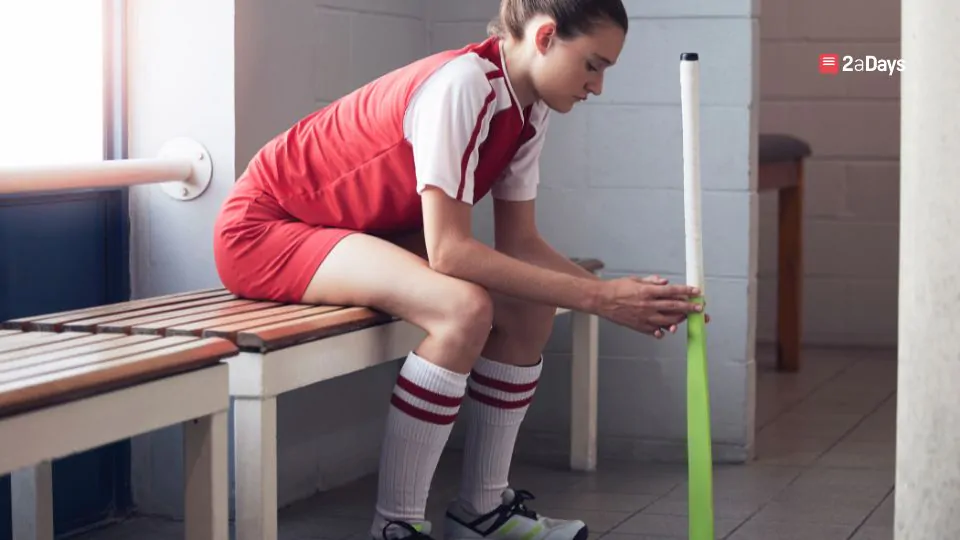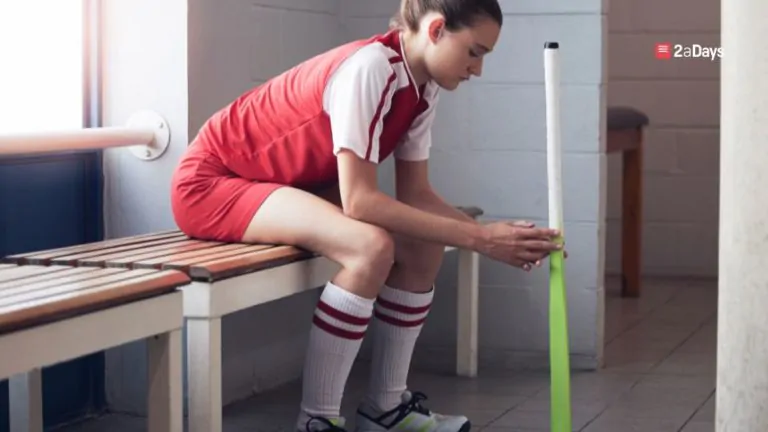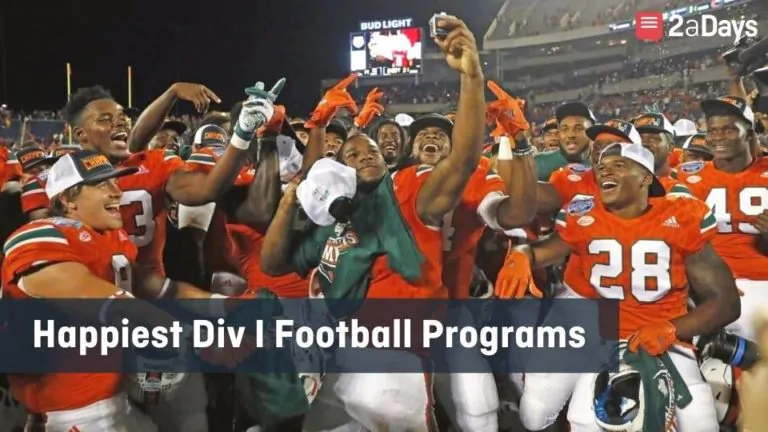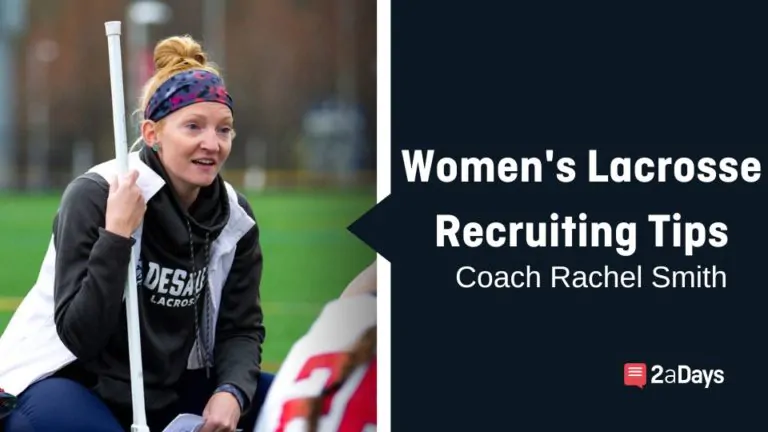Injuries hurt–and in more ways than one. A study of 353 male college athletes from a variety of sports found 51% exhibited symptoms of depression after being injured and 12% became moderately to severely depressed. But it doesn't have to be this way–self-evaluating can help athletes recognize signs and symptoms of struggling to cope with injuries.
Related: Rate your Coaches, Facilities, and Campus Visits
What is Post-Injury Depression?
Post-injury depression is onset by an injury, and it is most common among athletes of any age and sex, and pertains to all sports. When an athlete is suffering from post-injury depression, they may feel typical symptoms of depression like low energy and mood, as well as struggle to take care of themselves and perform daily tasks. Athletes with post-injury depression may also isolate themselves from their team or feel a loss of identity and worth as they go for long stretches of time without being able to play their sport. Post-injury depression is often overlooked, especially in athletes who are not diagnosed with clinical depression. Some often think the athlete is just going through the process of dealing with the injury and will be fine.
Related: 18 Symptoms of Depression in College Athletes
Signs and Symptoms of Post-Injury Depression
As an athlete who has sustained an injury, it is essential to be aware of depression signs so you can seek help. It is also vital for teammates, coaches, parents, friends, and other people who may be around the athlete to be aware of these signs as well–most times, it's hard for an athlete to admit they have a problem. They might feel like a failure or feel as though they are letting their teammates down.
Signs and symptoms for poor adjustment to athletic injury include, but are not limited to:
- Anger and confusion
- An obsession with “when can I return?”
- Denial
- Repeatedly returning to sport too soon and re-injury occurring
- Exaggerated bragging about small accomplishments
- Dwelling on minor complaints and setbacks
- Guilt about letting the team down
- Withdrawal from significant people in their life
- Rapid mood swings
- Statements about never returning to sport and recovering
- Fear of return to sport
- Mood swings
- Identity loss
- A lack of effort in everyday life (dress, school, work, social life)
- Increased anxiety
- Personality change
- Lack of confidence
Ways To Help
If you are a coach, you should make sure that the injured athlete is included in team activities whether it be team meetings, film, team bonding activities, huddles during a game, helping with recruits or lifts. Injured athletes can still work on areas that are not injured, unless a doctor says otherwise. It means a lot to athletes when coaches check in on their rehabilitation process.
Related: Managing Mental Health On and Off the Field: 4 Tips for Athletes
As a parent, you should stay positive and focus on your child's recovery. Parents can help their child with their rehab program and discuss their progress daily. Have open discussions on how they are feeling about their injury and seek out the best doctors so their child is confident they will be getting the best care.
A good teammate should support the injured athlete through their recovery process by encouraging them with their rehab and making sure to include them in activities outside of the sport such as dinners, movies, team conversations or team hanging outs.
Things to Keep in Mind
Every athlete reacts to an injury differently and psychological interventions are specific to each athlete. It is never shameful to seek professional help if you are feeling depressed, injury or not. Remember that it is okay to ask for help, post-injury depressions are usually temporary. The sooner you get help, the sooner you will recover emotionally.
Have an idea for a story or a question you need answered? Want to set up an interview with us? Email us at [email protected]
* Originally published on January 23, 2023, by Shelby Gonser







